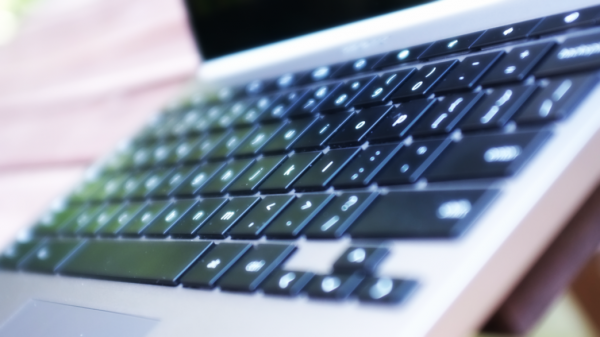
Google geeks have speculated for nearly a year about Android and Chrome OS coming together as one operating system. Yesterday's announcement -- that some Android apps can now run on the browser-based platform -- seems to foreshadow a combined future. Make no mistake about what this really means. Chrome OS is an ecosystem with no future because there is little monetization of apps. The platform would be dead if not for the existing and smoothly integrated Google cloud ecosystem.
Android apps inject life into the Chrome OS ecosystem. Free apps can't sustain any platform because developers have no incentive to create them. Android opens a huge spigot of apps -- and some which developers can monetize, more than they do through paid services tacked onto free web apps. BTW, Microsoft should take a cue from Google, by bringing boatloads of Windows Phone apps to its PC operating system.
While a Chromebook fan, I am not an idiot (contrary to what some commenters insist). The platform monetization thing long nags me. For example, in January analysis "The problem with new Chromebooks", I wrote:
Developers rightly tend to create software or services for platforms from which they can make money. The majority of Chrome web apps are free, raising questions about what long-term incentives do developers have to create apps or maintain them.
I love and use Chromebook. But that doesn't make me blind to the future, when Ballmer might have the last laugh. Chromebook has yet to prove that it won't be a passing fad, like netbook -- which also got great pick up in the education market.
Typically, successful platforms share six common traits:
- There are good development tools and APIs for easily creating applications
- There is at least one killer application people really want
- There is breadth of useful applications
- Third parties make lots of money
- The platform is broadly available
- There is a robust ecosystem
New platforms generally fail because of the chicken-and-egg scenario: Which comes first? Applications or users? If there are no users, developers have no incentives to create applications. If there are no applications, users have no reason to adopt the platform. Chrome OS is an aberration, because Google bakes in its own large suite of cloud-connected apps and services. But third parties still need reason to support the platform -- and they have little.
Year of Nothing
Contrary to all the fluster among bloggers and journalists, 2014 is not year of the Chromebook. Just the opposite is true, which real market adoption demonstrates -- and by that measure why there is no sustainable market for applications people pay for.
NPD innocently kicked off the "year of" writ-storm with a Dec. 23, 2013, press release that observed strong Chromebook commercial channel sales of preconfigured desktop and notebook PCs.
"In 2013, through October, Chromebooks sold at retail represented just over 20 percent of all the under-$300 clamshell notebook sales", Stephen Baker, NPD vice president of industry analysis, affirmed in the PR. "These sales are an increase from essentially zero in the previous year and were accomplished in what was the fastest-growing segment in the consumer notebook marketplace in 2013, the under-$300 value segment".
Bloggers and journalists across the planet misquoted the data, by referring to commercial sales as all of them. Suddenly Chromebook accounted for one-in-five PCs sold in the United States rather than just through a single channel.
The "year of" meme creates a false impression. Reality: Chromebook adoption is niche, and nimble, at best. Education is the principle market, according to market research firms -- Gartner, IDC, and NPD, among others. Meanwhile, sales numbers are impressive for a new computing category, but miniscule compared to the broader PC market.
Gartner predicts 5.2 million Chromebooks will be sold in 2014, up 79 percent year over year. Projected units in 2017: 14 million. For perspective, Gartner forecasts that manufacturers will ship 308 million PCs -- desktops, laptops, and ultra mobiles -- for the year. Chromebooks are by the most generous calculation 2 percent of all PCs. The education segment accounted for 85 percent of Chromebook sales in 2013, while 82 percent went to a single country -- the United States, according to the analyst firm.
I love Chromebook, but it has yet to prove that it won’t be a passing fad, like the netbook, which also got great pick up in the education market, and among budget shoppers. Niche markets offer limited developer opportunities and certainly not enough when other platforms, like Android, iOS, OS X, or Windows, are more popular and bring in cash for apps.
P in Personal
I have called Chromebook a "quiet revolution", but not all revolutions succeed. The majority fail, and Chromebook’s longevity is uncertain for many reasons. Among them: Rising use of Internet-connected mobile devices, with smartphones top of list. Gartner predicts 1.86 billion handset shipments in 2014, with smartphones accounting for 66 percent and reaching 85 percent by 2018.
The PC as we know it is quickly evolving into something else. P in "personal" isn't the personal computer but the mobile device you constantly carry and from which you engage all your most intimate interactions. Anytime. Anywhere. Harbinger of change: Smartphone is theme for August 2014 Wired magazine. For good reasons.
According to an IPSOS study conducted for Google, 98 percent of 18-34 year-olds watch daily videos on smartphones, compared to 56 percent on computers. Forty-seven percent of U.S. teens have smartphones, and one in four a tablet, according to Pew Research Internet Project. Ninety-five percent have Internet access, 74 percent access the Net from mobile devices, and one-quarter do so mostly from cell phones. Eighty-one percent use social media and actively participate in the "Fifth Estate" -- amalgamation of traditional news services, blogs, and social networks like Twitter.
As voice and touch replace keyboards, devices like smartphones and phablets make more sense, particularly considering what kind of content most people produce. Do you really need Mac, PC, or even Chromebook to tweet or socially share? Then there is the actual content that most people produce -- short texts, photos, videos, and various mashups. No one needs a honking PC or underwhelming Chromebook for that. Where are the apps for producing all this non-document content? Mobile devices.
By that measure, all traditional PCs are past their prime. Chromebook is an aberration and comes during a transition phase between computing eras -- the personal computer and contextual cloud computing. When voice and touch matter more -- and they will as primary user interfaces -- keyboard and mouse mean less. Chromebook belongs to computing’s past, not its future.
In April 2010 post "Clash of the titans: Apple, Google battle for the mobile Web", I explained two very different worldviews about cloud-connected devices and how people use them. Google favors the browser and Apple pushes apps. Among the many, many points: "The problem with free is free. How do developers make money from free stuff?" Mobile apps answer the question with direct sales or in-app-purchase extras.
More significantly, apps increasingly replace the browser for many users. The browser isn't good enough -- and even with web apps available -- Google favors Chrome. By making Android apps available on Chrome OS, Google:
- Concedes that the browser alone isn't good enough
- Seeks to provide users with more reasons to adopt the platform
- Provides more ways that developers can monetize the platform and encourages app creation
The other user benefit is cross-platform availability of apps -- on Android devices and Chromebooks. I really would like to see Microsoft do something like this, because many popular mobile apps available for Windows Phone aren't found in the desktop Windows Store. But Microsoft has something Google doesn't, a hugely successful PC operating system. As for Chrome OS, I love it, but don't see much future without some Google magic. Android apps are a good start.
Photo Credit: Joe Wilcox



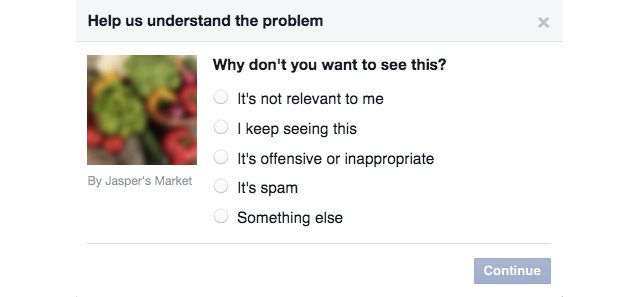



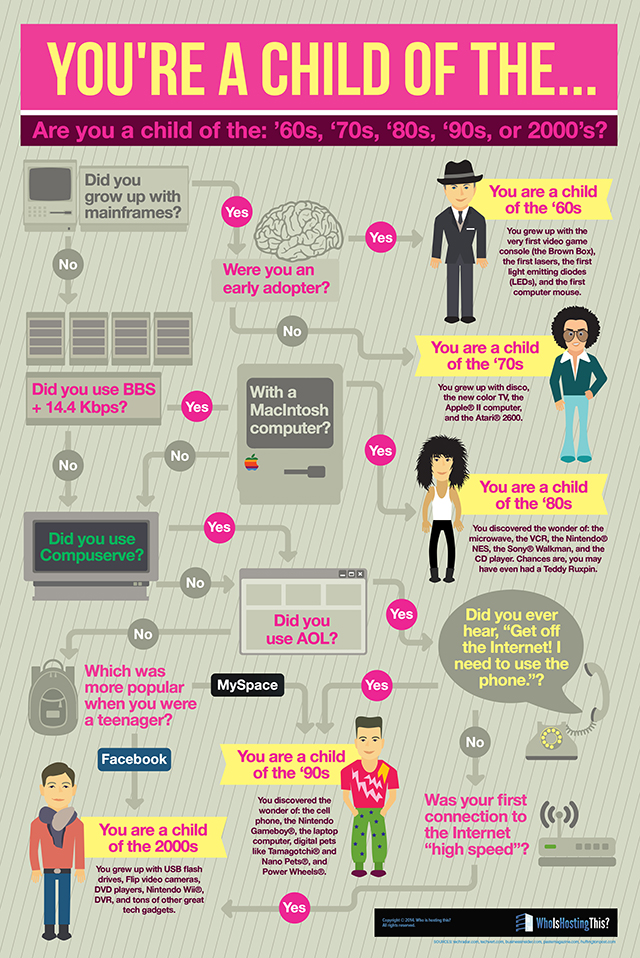
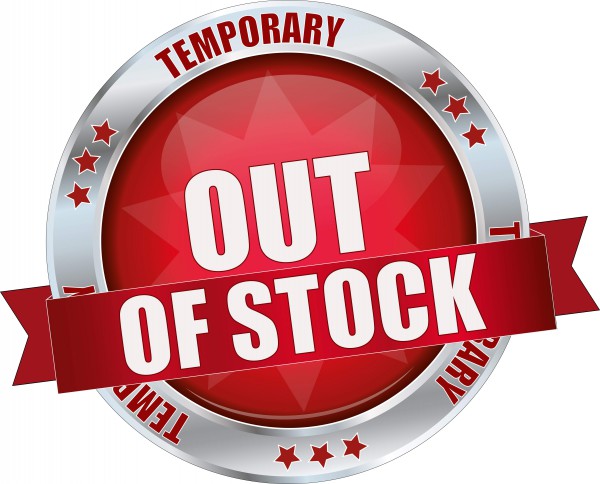
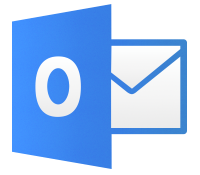 Use Outlook for a while and it’s all too easy to let the messages pile up. Soon your inbox is a bloated mess, too large to tackle easily, and so you just try to ignore everything older than the last week or so.
Use Outlook for a while and it’s all too easy to let the messages pile up. Soon your inbox is a bloated mess, too large to tackle easily, and so you just try to ignore everything older than the last week or so.
